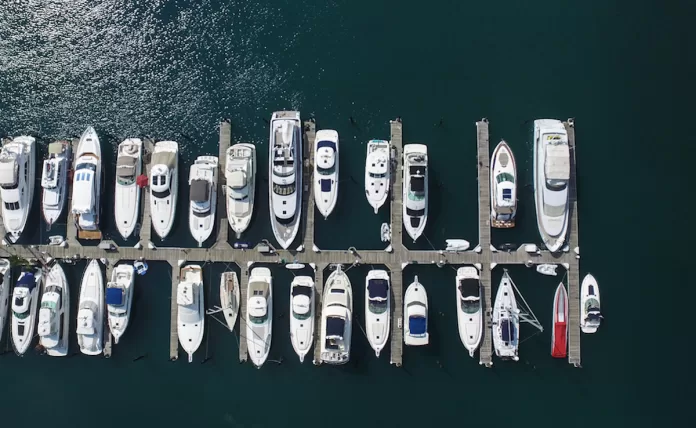US boat sales cooled in 2023 following the Covid-era demand surge.
Figures released by the National Marine Manufacturers Association (NMMA) estimate new powerboat retail sales are approximately 1% to 3%, to 258,000 units.
And for the 2024 calendar year, recreational boating is set to see new unit sales on par with 2023 levels as the industry continues to navigate interest rates, as well as ongoing shifts in consumer confidence.
While most categories of new powerboats saw estimated unit declines in 2023, anywhere from 5-25%, the personal watercraft (PWC) segment saw a significant increase which is projected to be up between 20-25% as final 2023 sales data are calculated.
PWC are expected to make up approximately 85,000-90,000 of the 258,000 estimated new units sold at retail in 2023.
“With jumps in interest rates and inflation in 2023, we saw more boating consumers being price sensitive and deciding to wait things out before buying their next boat and in the meantime, picking up a personal watercraft to enrich their time spent on the water,” said Frank Hugelmeyer, NMMA president.
Record time on the water
In addition, he explained that the nearly one million people who purchased a boat for the first time during the height of the pandemic continued to spend record time on the water in 2023, helping drive an economic impact of $230 billion.
Frank continued: “As we enter 2024, we expect Americans’ desire to be near water to continue as more people seek ways to prioritise health and wellness and enhance their quality of life, which has the industry focused on continued innovation and ensuring greater access to our public waters.”
NMMA research also showed that looking ahead, manufacturers are focused on continuing to deliver innovative new products using emerging technologies ranging from hydrogen-fuelled marine engines to boats powered by sustainable marine fuels.
Unique environment
Due to the unique on-water environment for recreational boating, and the varied interests of boaters and the experiences they seek, there is no ‘one-size-fits all’ approach.
Instead, a variety of technological solutions must be considered to continue decarbonising recreational boating.
“Boating provides transformational experiences that offer relaxation, fun and freedom in our busy lives, which is why we’re committed to innovating and enhancing the boating experience for the generations to come,” concluded Frank. “Supporting new innovations in a marine environment means adopting a technology neutral decarbonisation approach, as well as accelerating the distribution of sustainable marine fuels, establishing marine electric technology standards, and expanding R&D investments in electric battery density and hydrogen propulsion systems.”




